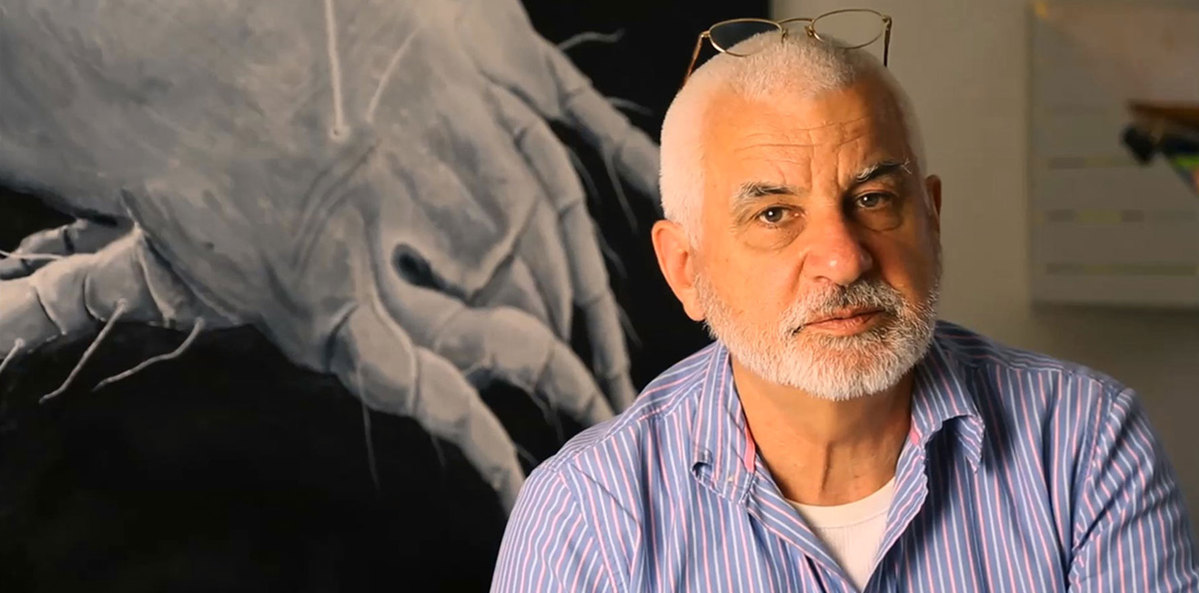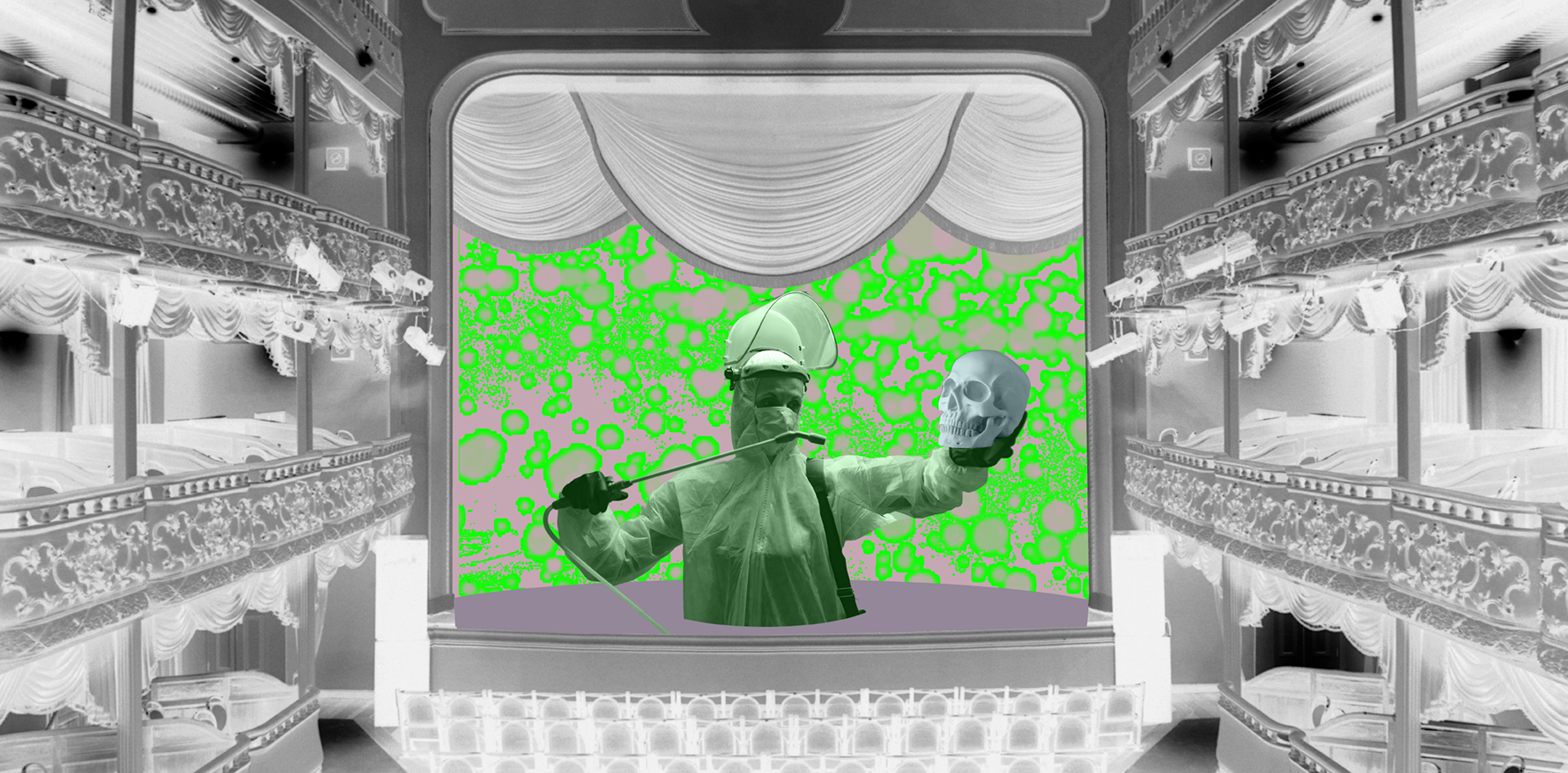The world-leading allergy and respiratory researcher was a true scientist and ‘a positive influence on all those around him’.
Allergy & Respiratory Republic is sad to learn of the passing of Associate Professor Euan Tovey, a world-leading researcher in allergy and respiratory medicine long associated with the Woolcock Institute.
Professor Tovey died at the end of June at his home in Petersham, Sydney, about a year after his diagnosis with pancreatic cancer, aged 75 years. A memorial was held yesterday.
His colleague and longtime friend Professor Guy Marks told ARR that “I feel like we lost 20 years of good life”, since Professor Tovey had been so healthy and engaged until, and even during, his illness.
“I saw him two days before he died, and we were still talking about work, ideas and his concerns about a particular project,” Professor Marks said. “He was in full flight.”
Professor Tovey was a pioneering researcher on house dust mite allergen exposure and asthma, who also studied other airborne hazards such as viruses and fungi.
He was the go-to expert on measuring and characterising inhaled particles, Professor Marks said, and most recently contributed important work on mechanisms of aerosol spread of respiratory viruses such as SARS-CoV-2.
He contributed several times to The Medical Republic and ARR at the start of the pandemic, writing about how to isolate an infected patient at home, the proper use of masks and how covid was airborne – a matter of long-running global scientific controversy.
“There was a lot of conflict, with many people trying to deny that airborne exposure was the main route of exposure,” said Professor Marks.
“Euan was one of the key people who was arguing that this was an airborne exposure, and we needed to deal with it as an airborne exposure. He was very important in that space.”
After emigrating from New Zealand in the 1970s Professor Tovey began working with the eminent respiratory physician Russell Vandenberg – who also passed away last month – at the Royal North Shore Hospital.
After a stint in the UK he returned to Sydney where he completed his PhD and, in 1989, began work with Ann Woolcock – founder of the Institute of Respiratory Medicine, which later became the Woolcock Institute.
In the 1990s he focused on the practicalities of measuring and reducing exposure to allergens, founding a research group and then a company to design, make and commercialise this technology.
His interests then expanded to the healthy design of houses, with a series of international symposia called MADD – Mites, Asthma and Domestic Design.
Related
“The name came from the acronym, not the other way around,” Professor Marks told ARR. “That appealed to Euan’s sense of humour.”
Professor Marks said his friend was driven by curiosity, but also by evidence, and was not one to ignore the facts, however unwelcome.
“Our work on house dust mites didn’t really end up leading us to an intervention that was going to be effective for people with asthma, unfortunately,” he said.
“There were lots of reasons to think it would and should, but we did a lot of good studies, and in the end, we have not got an intervention to either prevent or treat asthma from house dust mites. And he accepted that.
“[We spent a lot of our careers] on that topic, but he moved on. There are many people in science who will never let go of their idea. Euan was a scientific person, and he believed evidence, and if the evidence pointed in one direction, then that’s the direction he went.”
At the memorial, Professor Marks spoke of “Euan’s breadth of vision, his imagination and capacity for original thought, his ingenuity, his humility, and his generous and collaborative spirit”.
“He was guided by data and evidence rather than by conventional wisdom or dogma. Unlike many other original thinkers, Euan had the capacity to turn his ideas into actual devices and machines,” he said.
“He had an extraordinary ability to make things! He was a positive influence on all those around him: from his role as research leader at the Woolcock, on the Board of the Asthma Foundation of NSW (as a Hall of Famer) or in mentoring young, and not so young, investigators he encountered both in Sydney and around the world.”
Personally, Professor Marks told ARR, he was “a lovely bloke”.
“He was generous, warm-hearted and self-effacing – he had no tickets on himself,” he said.
“He was kind and a strong family person. His family is wonderful.”
Professor Tovey is survived by his wife Libby Gleeson AM, a beloved children’s author (her books include I, Susannah and Eleanor, Elizabeth), and three daughters, Amelia, Josephine and Jessica.




